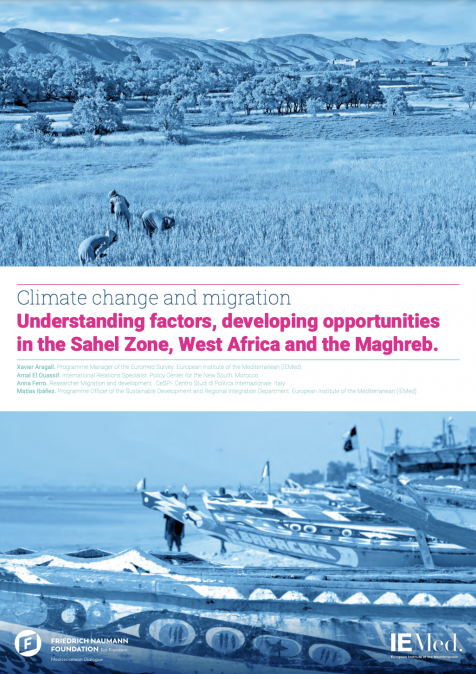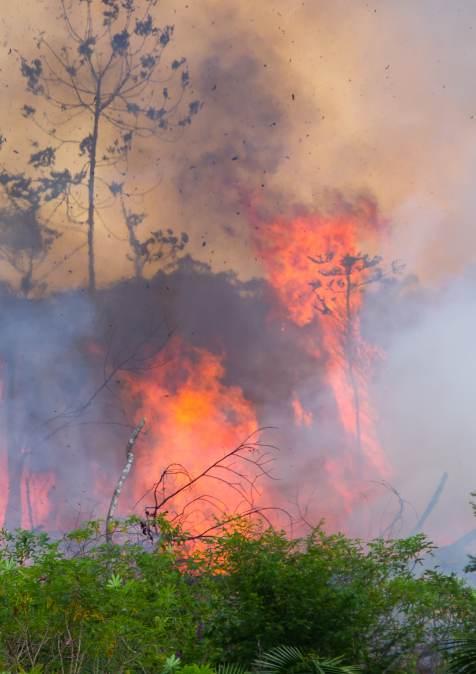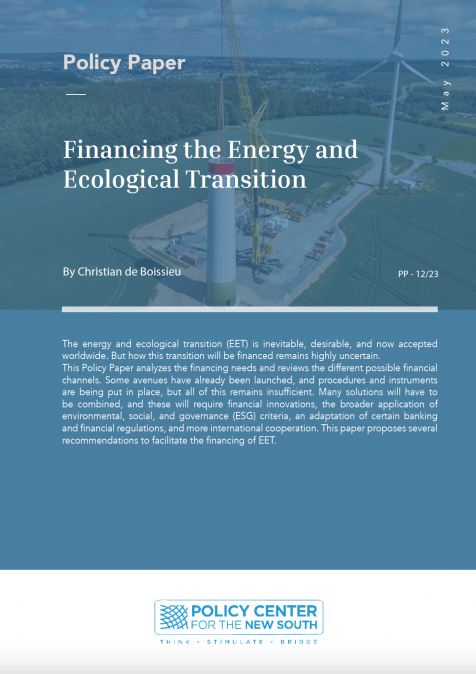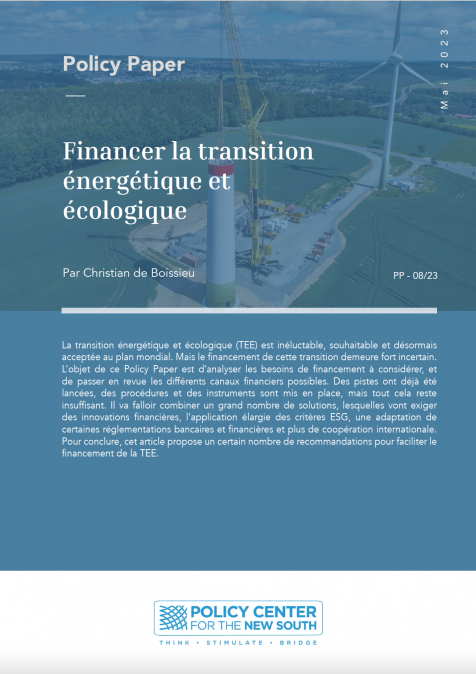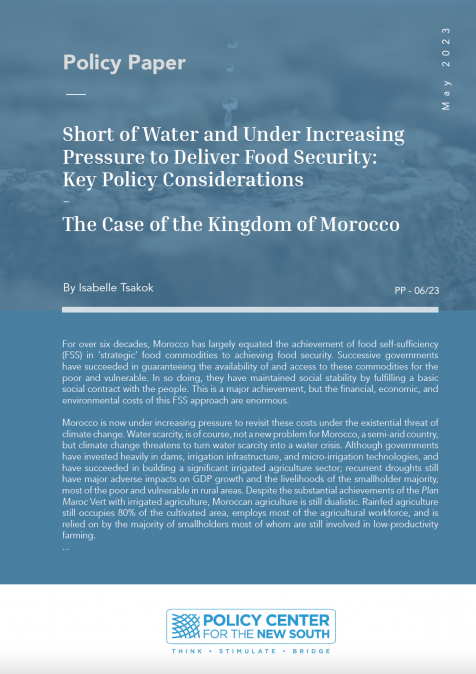Japan's Strategic Prowess: Lessons in Crisis Management and Natural Disaster Response
Due to its geography, Japan has a long experience of major natural disasters, ranging from tsunamis to typhoons. Dealing with such events has thus been streamlined into the regular functioning of the country, the third worldwide in terms of nominal GDP, and a major contributor of aid globally. As climate change heightens the probability of having to respond to natural catastrophies for many countries across the globe, in this episode with Dr Megumi Muto, Vice President of JICA is the first of a series dedicated to international experiences in crisis management, resilience and response to major natural events. Dr. Muto shares insights on lessons that can be learnt from Japan in that regard.

